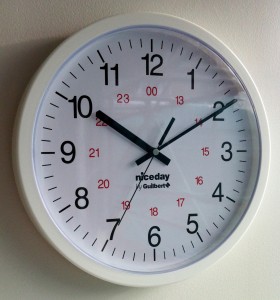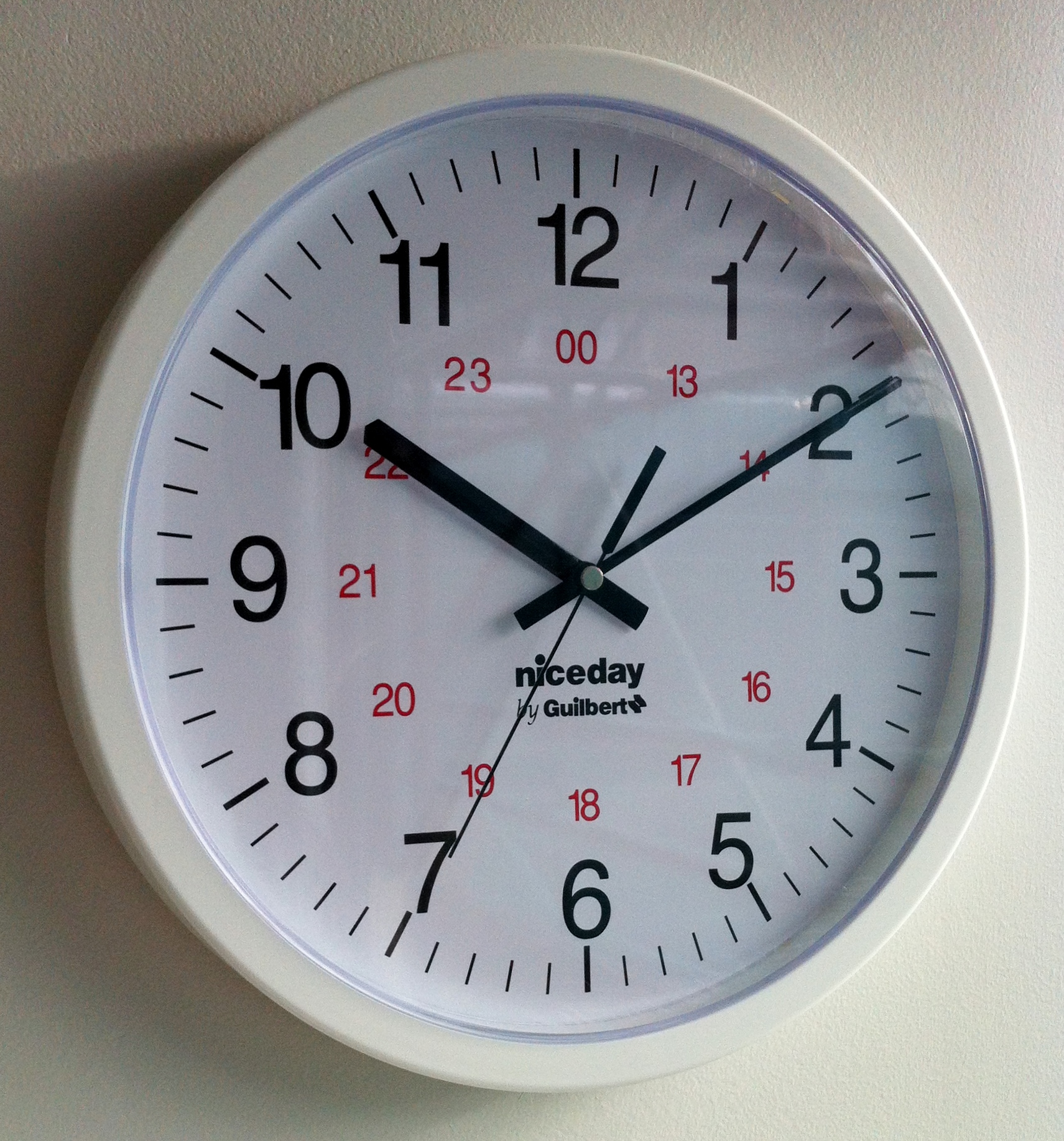This month’s LEaD Writing Group focused on one of the principal challenges when it comes to writing – finding time to do it.
As Eviatar Zerubavel (1999) observes, we can have a romantic vision of the bohemian writer scribbling away furiously when inspiration seizes them. However, reality often shows that this is a myth. Most writers establish some form of routine which helps them to get on with writing.

How can you tailor your writing schedule to suit you?
We can set ourselves a target, such as – I’ll write for 30 minutes a day. Initially, we may succeed in meeting our target. However, it may not be realistic. Consequently, our best efforts get abandoned. Therefore, it is essential to establish a comfortable fit between your writing and the rest of your life.
Zerubavel suggests a method for doing this, which involves working back through your schedule to establish what time you have available:
- Firstly, block out the time that you must do things.
- Then consider other activities that are important.
- Finally, look at what time you have available. These are the slots where you can fit your writing. Now you can start to think about how regularly you want to write.
When planning your writing sessions bear in mind your own idiosyncrasies. For example, perhaps like me, you experience a mid-afternoon lull. In which case, it wouldn’t make sense to schedule a writing session at 3pm.
Also, think about how long your writing session should be. You may not have a lot of choice over this. Zerubavel stresses the importance of pacing yourself – evoking Aesop’s fable of the Hare and the Tortoise (1999, p.12). Because of work pressures, you may only have 20 minutes. But, by effectively using these slots, little by little, you will be able to develop your piece of writing.
On the other hand, don’t give yourself too long. Hemingway suggests, it is better to stop writing when “you still have your juice” (Hemingway and Plimpton, 2016). That way you are more likely to end your writing session with a sense of accomplishment rather than in frustrated exhaustion.
How do you find time to write? Are there any tips that you would like to offer?
Reply to this post or alternatively, bring ideas and suggestions along to the next LEaD Writing Group session on Wednesday 5th or Thursday 6th October, 13:00 – 14:00 in the LEaD Training room (B310).
References:
Hemingway, E. and Plimpton, G. (2016) Ernest Hemingway, The Art of Fiction No. 21. Available at: http://www.theparisreview.org/interviews/4825/the-art-of-fiction-no-21-ernest-hemingway. (Accessed: 7 September 2016).
Zerubavel, E. (1999) The Clockwork Muse: A practical guide to writing theses, dissertations and books. London: Harvard University Press.


Thanks for great blog post Dan. I rather like Rowena Murray’s idea of binge and snack. Block out some larger chunks of time, and combine with little 20 minute or so ‘snacks’ in between. This helps to keep your mind on your writing, so it doesn’t feel like such an effort to get started in the ‘binge’ sessions.
Thanks Rachael-Anne, that’s a good suggestion. I’m very much in favour of snacking to keep ideas ticking over.